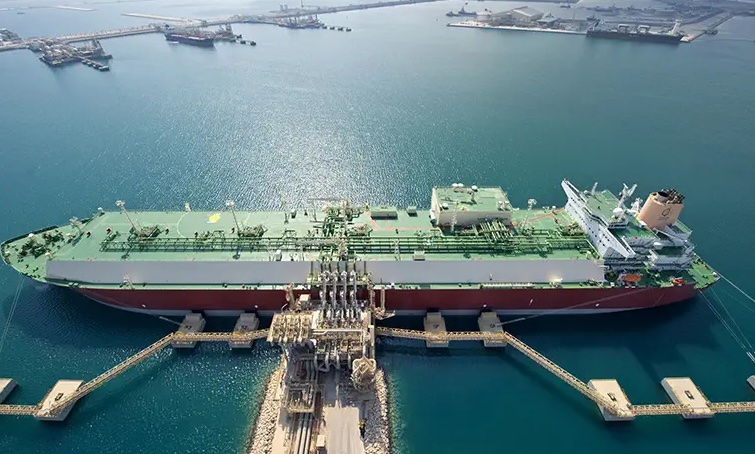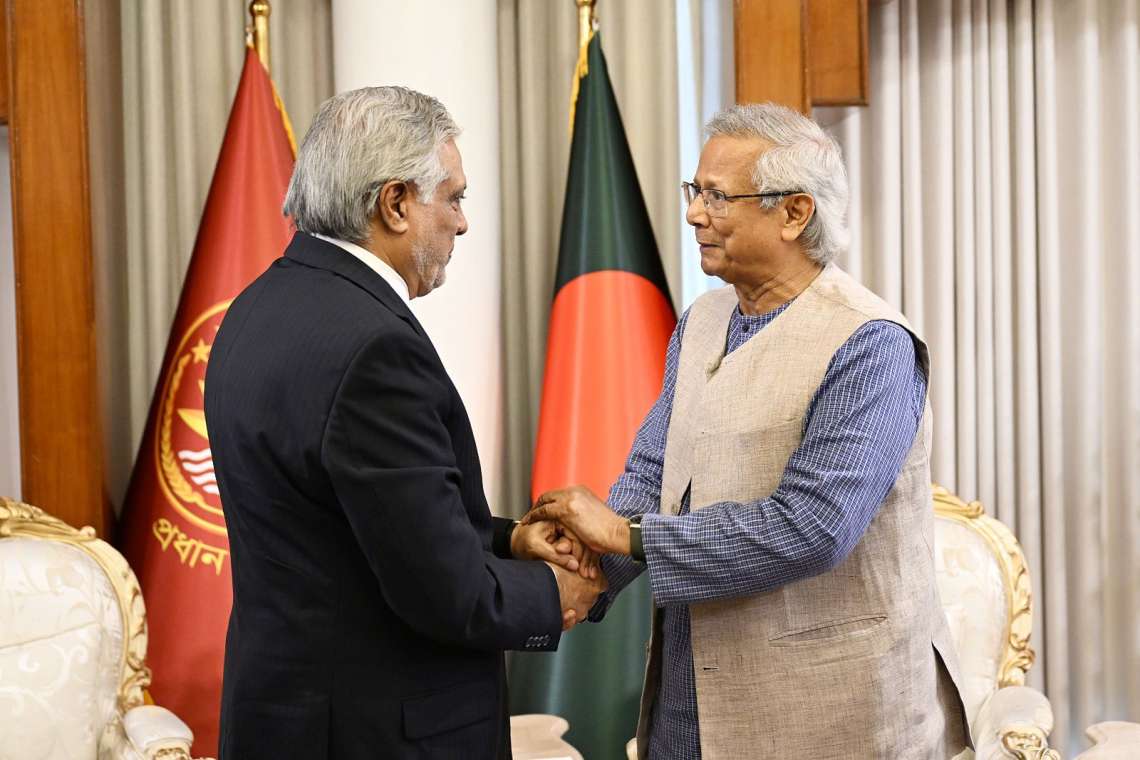The report says the Pak government locked into ‘take-or-pay’ contracts without demand guarantees, misjudging LNG price volatility and market risks….reports Asian Lite News
Pakistan’s $5 billion investment in LNG infrastructure tied to a long-term deal with Qatar has become a major liability, as soaring gas costs have created a mismatch between demand and supply, according to The News International.
Pakistan embarked on a large-scale LNG-based energy initiative beginning in 2014, under which construction of four major RLNG plants, port facilities and a pipeline network for supplying gas to consumers was carried out. A decade down the line, this has proved to be a massive fiasco.
The report in Pakistan’s prominent newspaper highlights that “there is a disconnect between the Power Division and the Petroleum Division. Rather than delivering energy security, this ambitious initiative has resulted in a costly mismatch between supply and demand and is now a multi-billion-dollar drag on Pakistan’s economy.”
The report points out that the government overcommitted to ‘take-or-pay’ contracts without securing demand guarantees and failed to anticipate global LNG price volatility and underestimated the risks of market exposure.
According to it, to supply fuel for the LNG power plants, Pakistan signed two long-term LNG contracts with Qatar, both backed by sovereign ‘Take-or-Pay’ guarantees. The first agreement, signed in 2016, secured 3.75 million tonnes per annum (mtpa) for 15 years at 13.37 per cent of Brent, with an estimated cost between $16 billion and $25 billion. The second deal, signed in 2021, added 3 mtpa for 10 years at 10.2 per cent of Brent, costing an additional $10 to $15 billion. Together, these contracts represent a financial commitment of approximately $26 billion to $40 billion.
In an ambitious bid to address chronic power shortages, Pakistan embarked on a large-scale LNG-based energy initiative beginning in 2014. This multi-billion-dollar effort included the planning and construction of four major RLNG power plants – Haveli Bahadur Shah, Balloki, Bhikki and Nandipur – as well as the launch of the country’s first LNG import terminal.
Based on industry benchmarks for combined-cycle gas turbine (CCGT) plants and partial privatisation data, the total cost of the four LNG power plants is estimated to be between $3.5 billion and $5.5 billion. A reasonable midpoint estimate would be approximately $4.5 billion, according to the report.
In 2014, Engro Elengy Terminal – Pakistan’s first LNG terminal – was launched. Industry estimates place the cost of the jetty and short pipeline between $50 million and $100 million. Including the FSRU and associated infrastructure, the total cost is likely in the range of $150 million to $250 million.
The Pakistan GasPort Consortium (PGPC) Terminal – Pakistan’s second LNG terminal – has a designed capacity of 600 mmcfd. The project represents an investment of approximately $500 million, covering the cost of the jetty, marine works, a Floating Storage and Regasification Unit (FSRU), and pipeline infrastructure connecting the terminal to the national gas grid.
In addition to the terminals, a billion-dollar pipeline infrastructure was developed to transport RLNG from Port Qasim in Karachi to four RLNG power plants in Punjab. This system began with a 24 km pipeline from the Engro terminal and a 14 km pipeline from the GasPort terminal. Both were integrated into a significantly upgraded SNGPL network, which stretches roughly 1,100 km to Punjab. The total cost of this transmission network is estimated between $800 million and $1 billion, the report explains.














